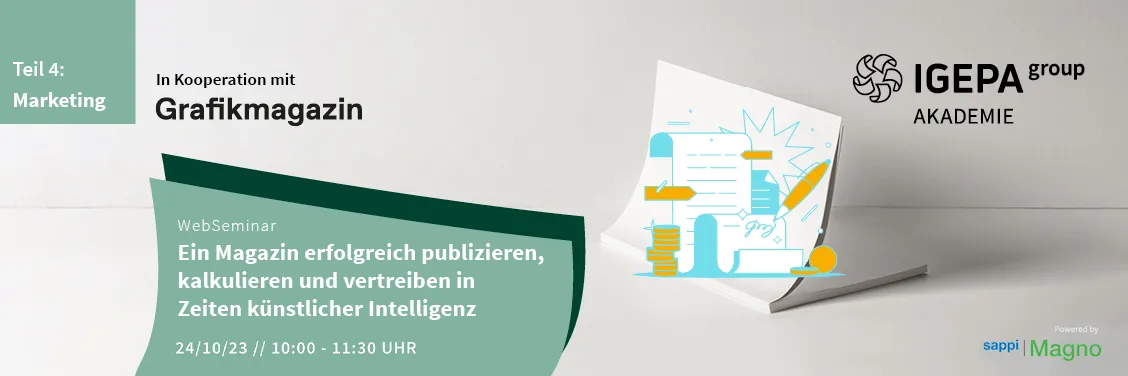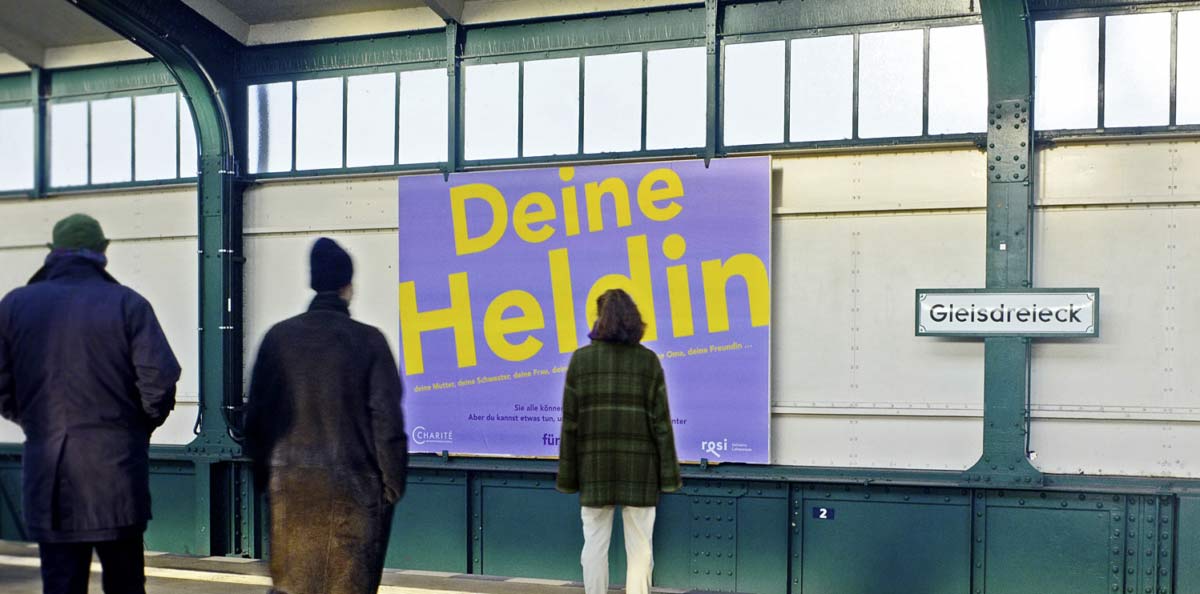What can design do, what is it allowed to do and what should it achieve? The designers at MüllerValentini had been asking themselves these meaningful questions for a while when the mother of agency co-founder Tina Müller fell ill with cancer. The oppressive atmosphere of the hospital rooms during chemotherapy was a burden not only for the mother, but also for the daughter, but as a designer she was able to do something. Under the name "Rosi - Initiative Lebensraum", Müller is now working together with Charité Berlin to make the chemo outpatient clinic more humane and is also calling on others to get involved.

Every year, many thousands of women are diagnosed with cancer and undergo cancer treatment at the Charité hospital in Berlin, with its Gynecological Tumor Center and the Competence Center for Ovarian Cancer. The women often spend many hours, often even weeks or months, in the sober rooms of the hospital during treatment. An already stressful situation is made even more unpleasant by the impersonal and functional environment. Tina Müller also experienced this when she accompanied her mother to chemotherapy and so the designer decided to use her knowledge and energy to transform the therapy rooms into a healing and stimulating place.

Charité's support was quickly secured, as the cold clinical environment also makes work difficult for the medical staff. "The road to recovery is physically and emotionally very stressful," says Jalid Sehouli, Director of the gynecology clinic. "With the renovation, we want to create a harmonious treatment environment and facilitate the women's recovery process."
However, as is so often the case, it is usually not a question of good will, but of money. To ensure that "Rosi - Initiative Lebensraum" can become a reality, Müller not only brought architects on board to redesign the rooms, but also PR experts. After many networking events, a crowdfunding campaign and support from Charité, a Berlin-wide advertising campaign is currently underway to draw attention to the #fürRosi initiative.

It can affect anyone: your mother, your sister, your girlfriend or your daughter. But if many people lend a hand, all these women can also be helped to perceive the time of therapy as a time in which they can develop self-effective positive strategies and perspectives. And of course cancer doesn't just affect women, but also fathers, friends and sons, which is why the #fürRosi initiative sees itself as a pilot project that should serve as a blueprint for chemo outpatient clinics throughout Germany.
An impressive project that shows what design can achieve and how much individuals can accomplish when they take things seriously.
https://www.instagram.com/initiative_rosi/
https://www.muellervalentini.de/agentur/






